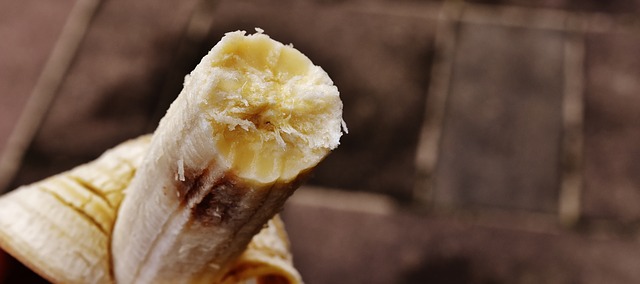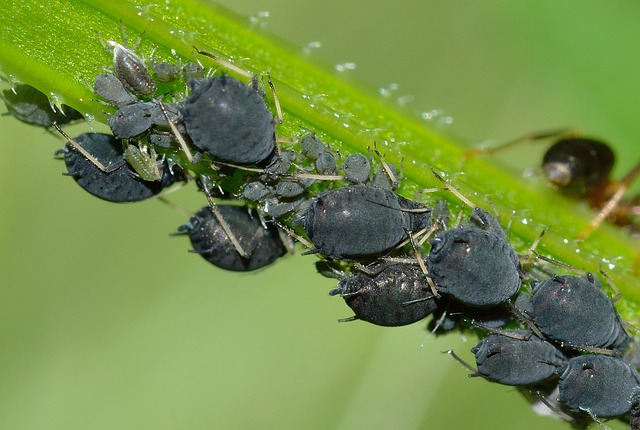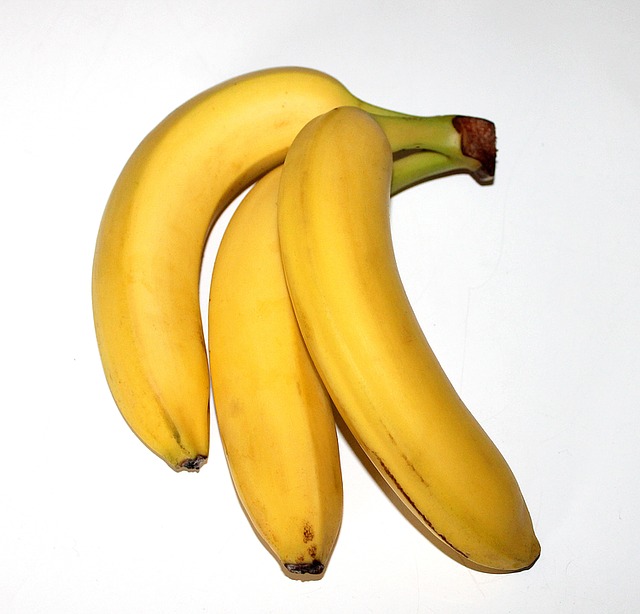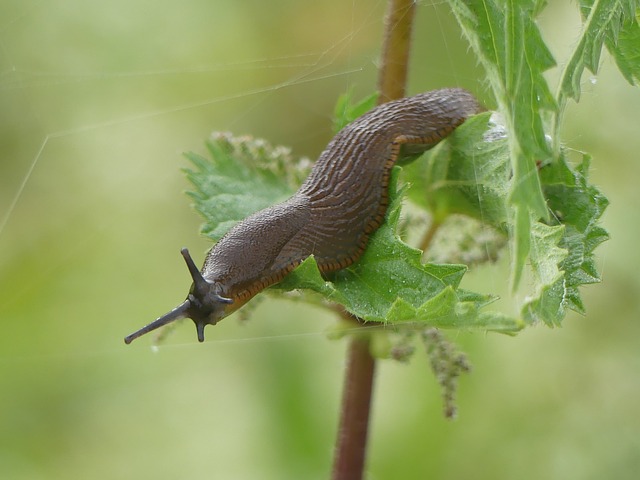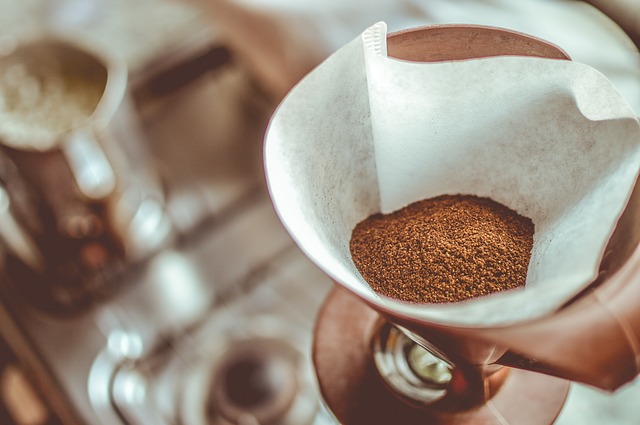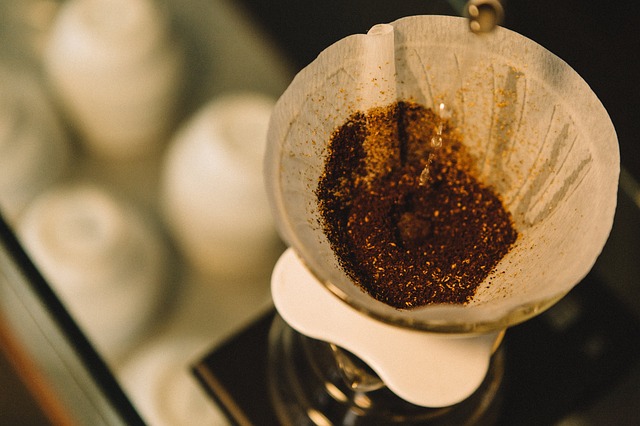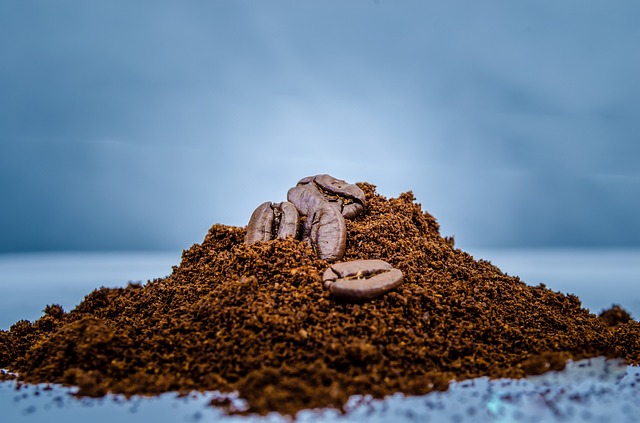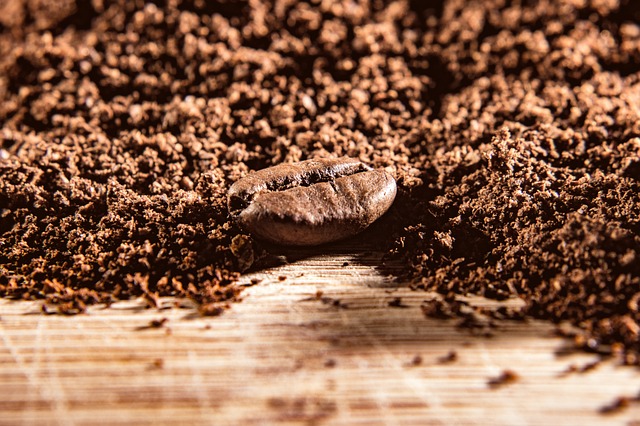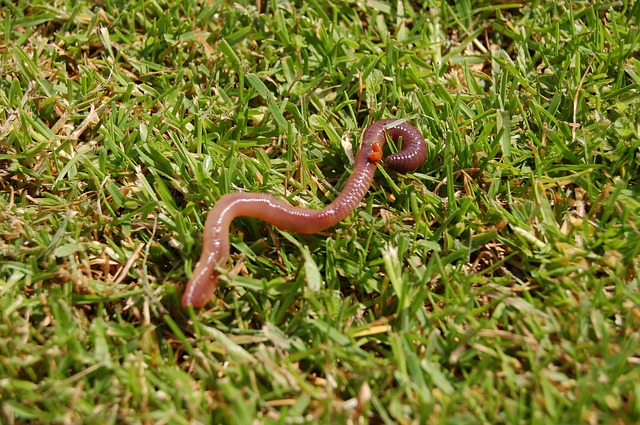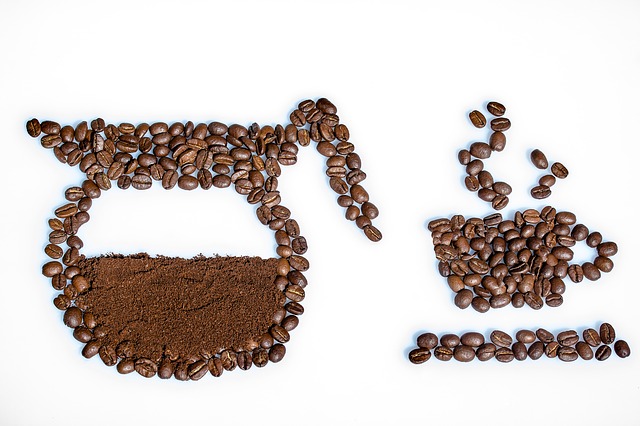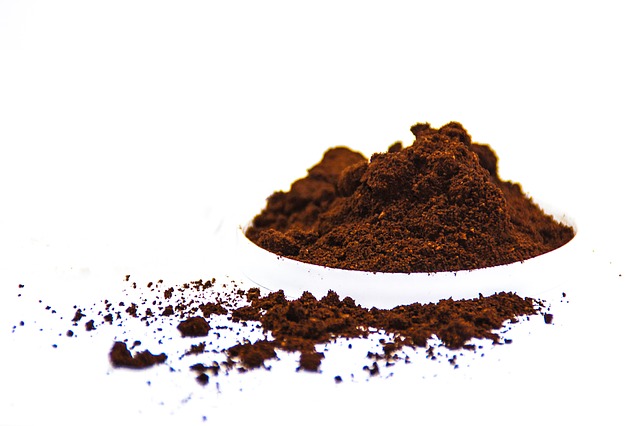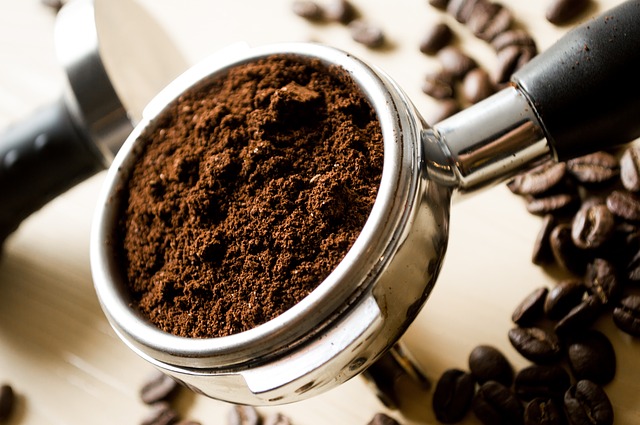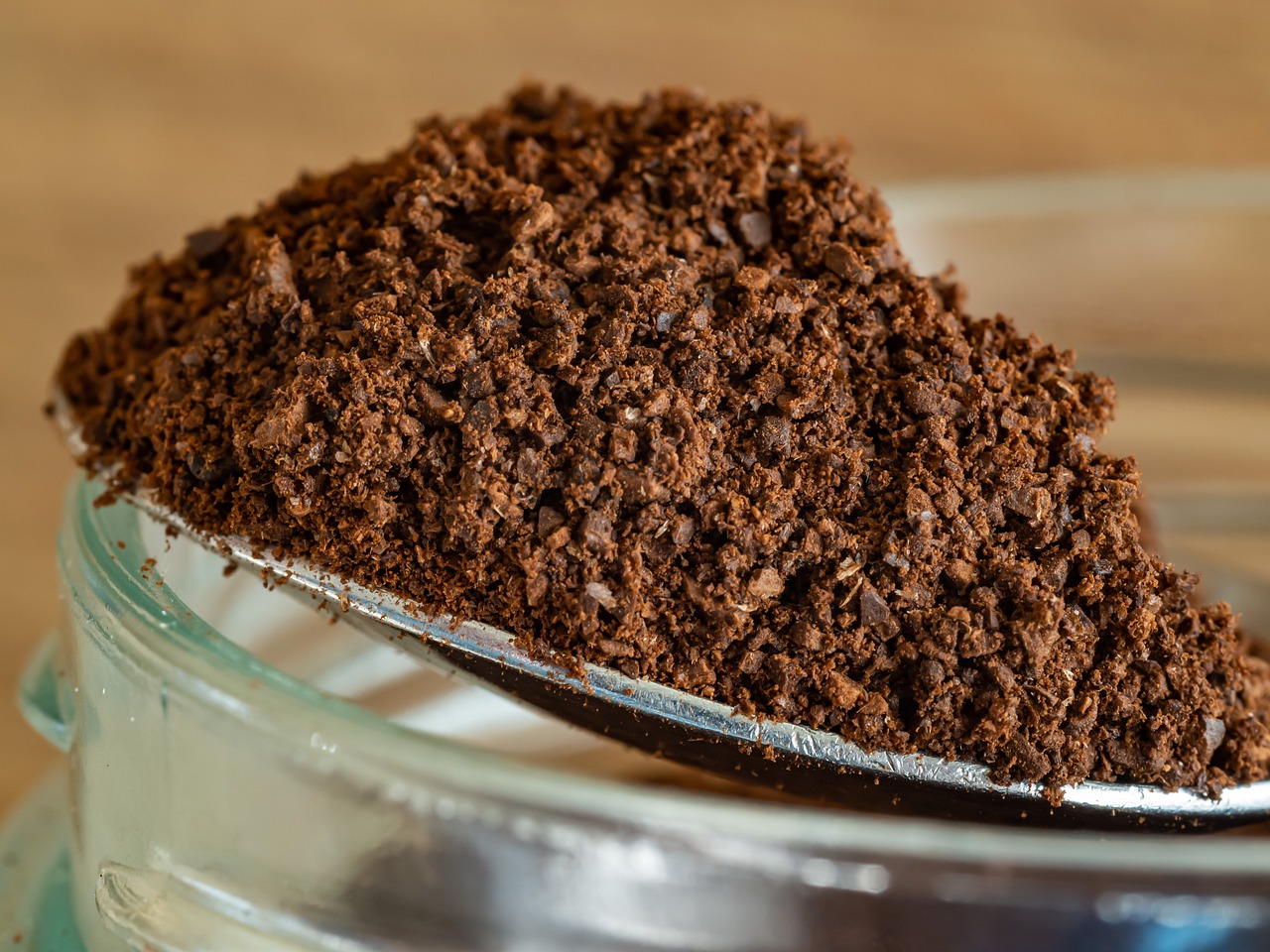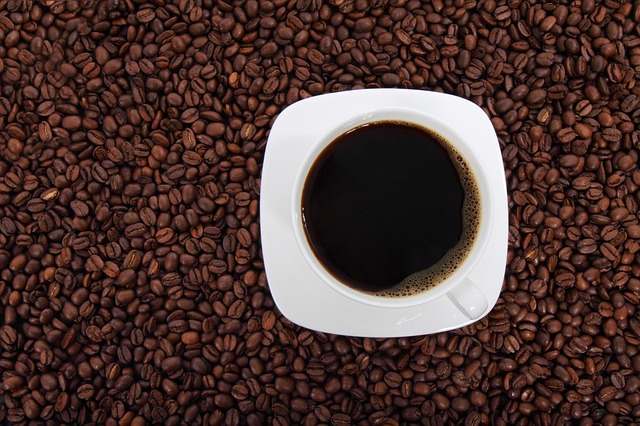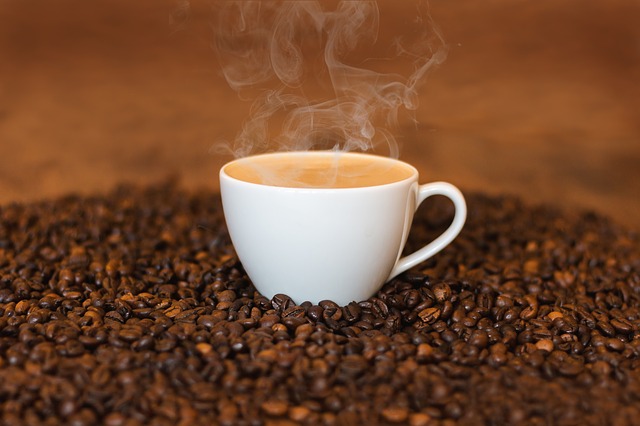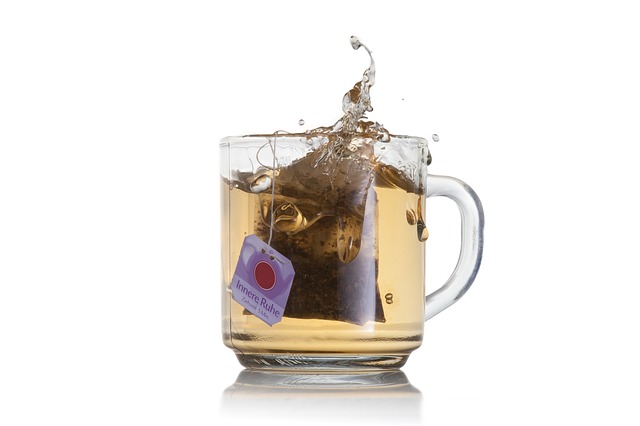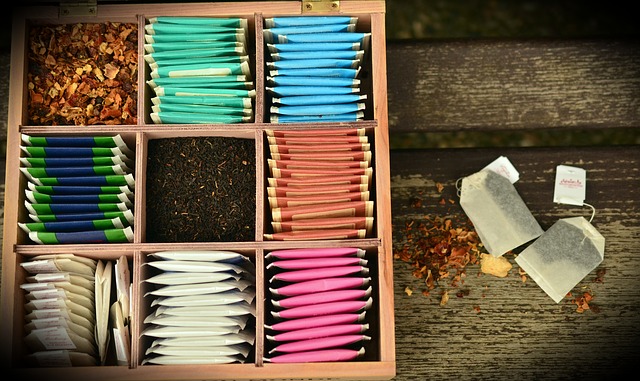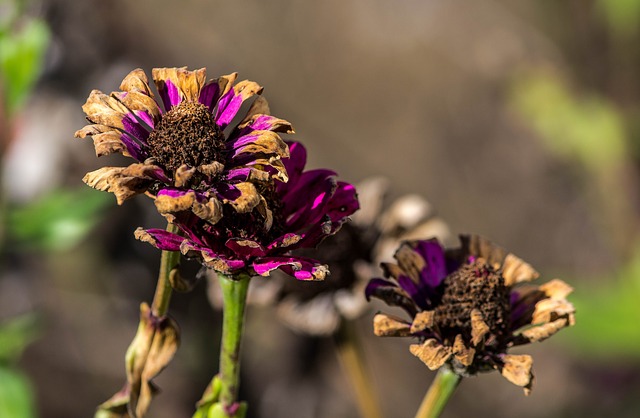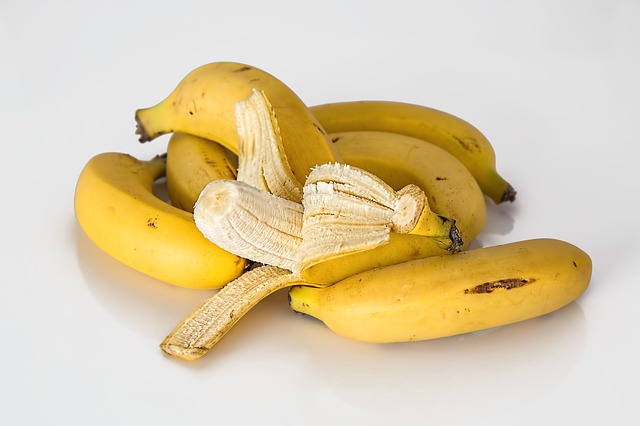
Bananas are both delicious and healthy. And you may have wondered after finishing your morning shake or afternoon snack whether those peels you’ve been throwing away for years could be used for other things.
What can you do with banana peels? It turns out quite a lot, and lucky one best uses is as fertilizer. Using banana peels in the garden is not just simple but it’s of course a way to put those peels to use in a natural way that is great for both your plants and soil.
Benefits Of Using Banana Peels In The Garden
Bananas are nutritious for us but their peels also contain a lot of nutrients, minerals, and trace elements that are ideal for the garden. As they break down they release them into your soil.They are particularly high in potassium which helps nutrient and water transfer in plant cells and also protects plants from disease.
Potassium is also well-known for promoting healthy blooms and tastier fruits and vegetables. It’s very common for gardeners to use banana peels for roses in particular along with other potassium-loving plants such as tomatoes and green peppers.
Peels also contain iron, calcium, sulfur, magnesium, along with manganese which helps plants with photosynthesis. But that’s not it. Those peels you’ve been tossing in the trash also have phosphorous which is one of the main nutrients needed by plants in order to grow.
Free Worm Food
Peels help your plants indirectly as well. They are a great worm food and of course more worms equals more worm castings. Those castings add nitrogen, calcium, magnesium, and phosphorous to the soil. An added benefit is that the tunnels those worms create to move around help air and water to reach the roots of plants.
Natural Aphid Repellent
Using banana peels in the garden can help to keep pests such as aphids away. Aphids eat plant sap and can quickly infest your garden. They can pass viruses to plants and the damage they cause when feeding can destroy them.
However, they hate the smell of ripe bananas so adding peels can work as a deterrent for these annoying and destructive pests. That’s without using any harmful sprays or chemicals which is always a good thing.
How to Use Banana Peels As Fertilizer
There are a couple of ways you can use your peels as fertilizer. You could just toss them whole into your garden, patio planters, or pots. However, this may attract unwanted visitors such as rodents, moles, rabbits, skunks, raccoons and a range of insects.
In order to keep backyard pests away all you’ll need to do is cut up your peels into small inch-long strips. And then using a trowel dig a hole or trench about two to four inches below the top soil near your plants. After placing the pieces inside cover them up.
You may also want to think about adding pieces of banana peel when you’re actually planting your plants in the ground. An easy way to do this is to place them in the hole you have dug for your plant before you put it inside. Fill the hole in with dirt and when you get a few inches from the top of the hole you can add a few more.
Save Them For The Future
If you’d like to save your peels for future use you can always dry them out. All you’ll need to do is to place them on a paper towel and wait for them to dry. When they do, just crumble them up, and put them in an airtight plastic bag or container until you’re ready to use them.
Make Your Own Fertilizer Tea
Another alternative is to make your very own banana peel fertilizer tea. To do so, just cut up a bunch of peels and place them in a bucket of water for a few days. This will allow them to steep just like tea. After about a week strain out the peels and you can pour your liquid fertilizer right into your soil or potted plants.
Composting
Of course you can use banana peels in compost too and they will add potassium, phosphorous, and their other benefits to the soil you are creating. Plus, your worms will love them. Depending on the type of composting you are doing you can expect entire peels to decompose in around three to four weeks.
If they are cut up into smaller pieces they will decompose faster though. When adding banana peels in compost bins or piles you should keep in mind that they will count as green materials not brown ones.
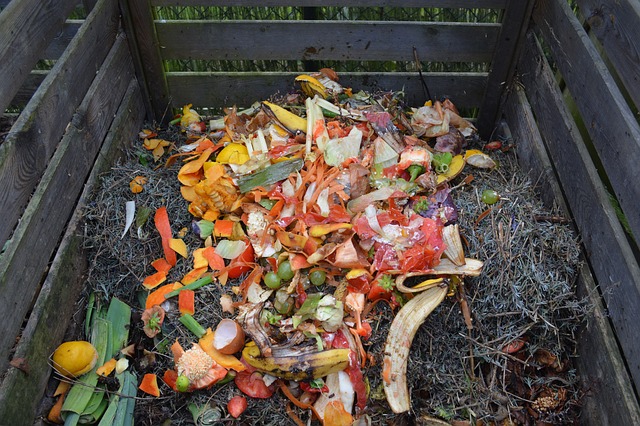
Using banana peels in the garden is a fabulous way to make the most of your food that will be sure to enhance your soil and plants as well. But remember while they are an excellent natural fertilizer they aren’t a total substitute for more complete fertilizing options they’re more of a supplement.
Start Shopping for Gardening Supplies!
Does Copper Tape Stop Slugs?
Does copper tape stop slugs? The answer is yes. And you can use this simple solution to keep your plants safe from those slimy plant-eating pests. Repel Slimy Garden Invaders Without Harm Despite being relatively small and very slow-moving, slugs can do a lot of...
Coffee Grounds For Flowers
For many of us, there’s nothing we’d rather do than relax with a cup of coffee near the flower garden. Most people don’t realize however that the grounds used to make our coffee can help to increase the health and beauty of our garden. Here’s what you’ll need to know...
Coffee Grounds For Roses
Using coffee grounds for roses is a fabulous way to improve the health of your plants, helping them to produce those gorgeous flowers you’ve been dreaming of. But there are a few things you’ll need to know before getting started. Conditions Roses Prefer Roses do best...
Do Roses Like Coffee Grounds?
Do roses like coffee grounds? This is something many gardeners wonder about, especially since feeding roses coffee grounds has been a practice that’s been around a very long time. The answer is yes they do, and here’s what you’ll want to know. Roses And Acidic Soil...
How To Use Coffee Grounds For Grass
You’ll want to think twice before you toss your used coffee grounds in the trash every day. Those grounds can actually be used to feed and increase the health of your lawn. Here’s everything you’ll want to know about using coffee grounds for grass. Advantages Of...
Are Coffee Grounds Good For Grass?
Are coffee grounds good for grass? The answer is yes, so you may want to think twice before throwing away your used grounds after your morning cup of coffee. Instead, you can put them to work helping increase the beauty of your lawn. Benefits Of Using Coffee Grounds...
Are Worms Good For Your Lawn?
Despite their slimy looks worms are well-known for being very helpful in the garden. But are worms good for your lawn? You bet they are, and here’s why! Aeration As worms travel from place to place in the soil below your lawn, they create a maze of tunnels. And those...
How To Use Coffee Grounds For Snails
You don’t have to kill those annoying garden snails in order to keep them from eating your plants. In fact, you can use your morning coffee as a non-lethal weapon against them. When they come into contact with your coffee grounds snails will turn right around and...
How To Use Coffee Grounds For Ants
There are endless sprays and poisons you can use to get rid of ants. However, you won’t have to look any further than your morning cup of coffee if you’d like a repellent that doesn’t contain any harmful chemicals. By using coffee grounds ants will stay away and kids...
Which Plants Like Coffee Grounds?
While using coffee grounds in the garden offers quite a few benefits, they can be slightly acid and therefore not appropriate for all plants. So which plants like coffee grounds? Here’s what you’ll need to know. The Basics Of Coffee Grounds Coffee grounds contain...
Coffee Grounds And Hydrangeas
While many people love their hydrangeas, they often would love them even more if they were blue. Luckily the grounds from your morning cup of coffee can help you to achieve those gorgeous blue blooms. Here’s what you’ll need to know about coffee grounds and...
Coffee Grounds For Worms
Worms are an extremely helpful component of any compost bin or pile, not to mention worm farms. And it turns your morning cup of coffee can contribute to their diet. Using coffee grounds for worms is an easy way to keep them from heading to the local landfill while...
Using Coffee Grounds In The Garden
Your morning cup of coffee can help you to not only start your day off right, but in the garden as well. The grounds used to make it have many important properties that are ideal for both plants and soil. By using your coffee grounds in the garden you’ll be able to...
Using Coffee Grounds In Compost
It’s estimated that over two billion cups of coffee are consumed around the world each and every day. And that’s an enormous volume of grounds which are used and then tossed in the trash. By using coffee grounds in compost instead, you can help cut down on waste and...
Used Tea Bags In The Garden
Many people don’t realize that once you’ve had a cup of tea, your tea bag can be used again in quite a few other ways. There are actually many great uses for used tea bags in the garden. And here are some of the best! Free Natural Fertilizer The tea leaves and...
Used Tea Bags In The Compost
The next time you have your daily cup of tea, you may want to think twice about throwing that tea bag in the trash. Instead of contributing extra waste to landfills, you can help the environment and your garden by placing used tea bags in the compost. But before you...
5 Eco-Unfriendly Things You Do That Kill Your Garden
Any budding gardener out there wants to do the best for their garden and their plants. But are you accidentally causing it harm? Here are five eco-friendly things you do that kill your garden: Buying Plants that Contain Pesticides You may not use pesticides yourself...
7 Reasons You Need to Start Gardening Now
Looking for a fun hobby to help you relax? Get outside and get to work in a garden. Gardening has a variety of benefits for your mental, physical and spiritual health. Wondering how tending to plants can help you tend to your health? Here are seven ways gardening can...
Quick Tips To Speed Up Compost Times
Compost is an excellent soil conditioner and natural fertilizer. However, it can take quite a while for it to break down into a form that you can use. Luckily there are a handful of simple things you can do to help speed up compost times without much effort. Size In...
6 Common Types Of Soil Deficiency And How To Solve Them
Unfortunately, not all soil has the nutrients that plants need to grow and thrive. In some cases, it may be lacking in one area or another and therefore need a boost. Here are the most common types of soil deficiency and the best ways to deal with each of them....
